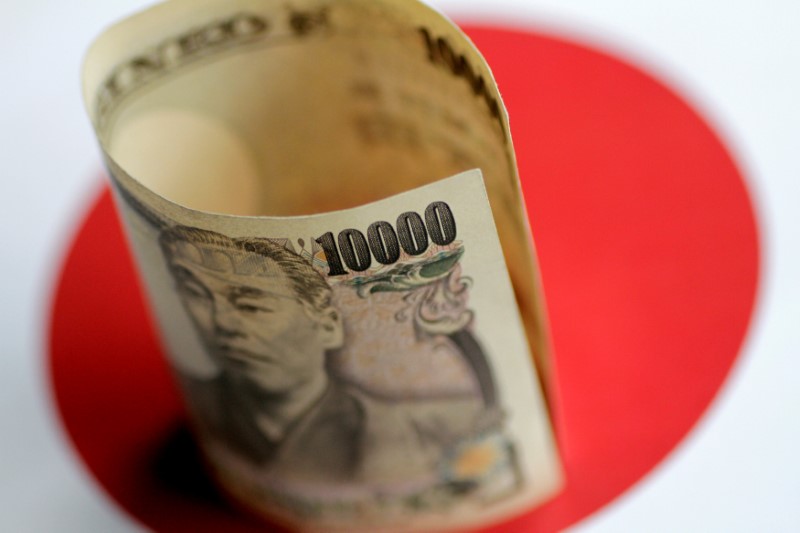United Homes Group stock plunges after Nikki Haley, directors resign
Investing.com-- Asian currencies weakened on Friday but remained on track for weekly gains amid hopes of more U.S. trade deals ahead of the deadline, while investors evaluated Tokyo’s inflation data for clues on the Bank of Japan’s policy path.
Markets now turn their focus to next week’s interest rate decisions from both the Bank of Japan and the U.S. Federal Reserve.
The US Dollar Index, which measures the greenback against a basket of major currencies, rose 0.3% in Asia hours. Dollar Index Futures also traded 0.2% higher.
Most regional currencies were poised for weekly gains as the U.S. dollar weakened sharply this week.
Markets eye US trade deal progress
Media reports showed that a key trade agreement between the European Union and the U.S. is nearing completion, with a 15% tariff on most EU exports set to replace a planned 30% levy due August 1.
In India, Commerce Minister Piyush Goyal said he was optimistic that his country could reach an agreement with the US to avert threatened tariffs of 26%.
This comes after President Trump announced a U.S.-Japan trade deal earlier this week, which slashed tariff rates to 15% on all imported Japanese goods, from a previously proposed 25%.
It bolstered the sentiment that other nations could also reach favorable agreements before the deadline.
Asia FX set for weekly gains
A strong dollar pressured Asian currencies on Friday, but they remained on track for weekly rises.
The South Korean won fell after five consecutive gains, with the USD/KRW pair rising 0.3% on Friday. For the week, the pair was set to fall more than 1%.
Both the onshore USD/CNY and offshore USD/CNH Chinese yuan pairs traded 0.2% higher.
The Singapore dollar’s USD/SGD pair gained 0.2%, but was set for a 0.5% weekly loss.
The Australian dollar’s AUD/USD edged 0.1% lower, but headed for a 12% weekly jump.
Elsewhere, the Indian rupee’s USD/INR gained 0.2% on Friday.
Tokyo CPI cools in July; Japan political uncertainty in focus
Data on Friday showed that Tokyo consumer price index inflation eased more than expected in July, but the core measure remained above the BOJ’s target. This kept alive the chances of a rate hike this year.
However, the central bank is expected to hold interest rates steady next week amid U.S. tariffs and domestic political flux.
The Japanese yen’s USD/JPY pair rose 0.3% on Friday but was set for a weekly decline of over 1% due to US-Japan trade deal optimism.
Investor sentiment in Japan remained cautious amid ongoing political uncertainty, following the ruling coalition’s defeat in last week’s upper house elections and speculation over Prime Minister Shigeru Ishiba’s potential resignation.
Local media reports stated that Japanese Prime Minister Shigeru Ishiba plans to formally announce his resignation soon. However, Ishiba has denied these reports.
